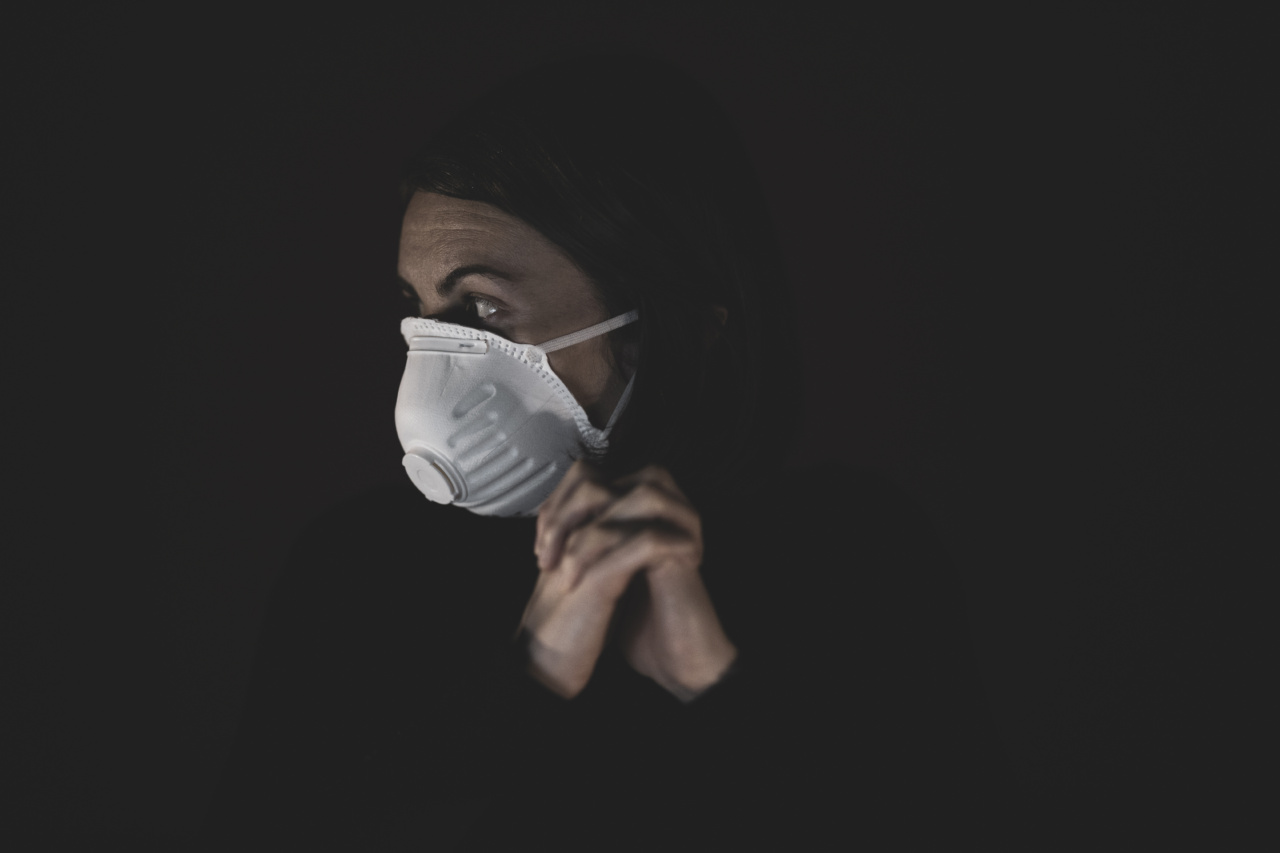Headaches are common afflictions that everyone experiences at least once in their life. They can range from mild discomfort to intense pain that affects one’s daily activities.
Some people are prone to experiencing headaches more frequently than others. However, there are ways to prevent or mitigate the onset of recurring headaches. This article will discuss the power of prevention in fighting headaches and provide practical tips to manage and prevent them.
Understanding Headaches
Headaches are generally classified into two categories: primary and secondary. Primary headaches are not caused by underlying medical conditions and are often triggered by lifestyle factors such as stress, dehydration, and lack of sleep.
Common types of primary headaches include tension headaches, migraines, and cluster headaches. On the other hand, secondary headaches are caused by medical conditions such as sinus infections, head injuries, and brain tumors.
Regardless of the type of headache, prevention is always better than cure. While medication can provide relief for headaches that have already onset, developing healthy habits can help reduce the frequency and severity of headaches long-term.
Tips for Preventing Headaches
1. Keep a headache diary
Keeping track of what triggers your headaches can help identify patterns and enable you to avoid those triggers. In your diary, record the following information:.
- Date and time of the headache
- Type and intensity of the headache
- Duration of the headache
- Possible triggers such as certain foods, stress, lack of sleep, or physical activity
- Location of the pain
- Medications taken and their effectiveness
2. Manage stress
Stress is one of the most common triggers for headaches. Personal and work-related stress can cause tension headaches and migraines.
Taking steps to manage stress such as practicing relaxation techniques like meditation, yoga, or tai chi can help reduce the frequency of headaches. Regular exercise and spending time in nature can also help manage stress levels.
3. Stay hydrated
Dehydration can cause headaches, especially in hot weather or during physical activity. Regularly drinking water or fluid can help prevent headaches.
A good measure is to drink eight glasses of water a day or more if it is hot or if you are physically active.
4. Get enough sleep
Lack of sleep or poor sleep habits can lead to headaches. Aim for seven to eight hours of sleep per night and try to maintain a consistent sleep schedule. Avoid electronics before bedtime and create a relaxing environment to help facilitate good sleep.
5. Maintain a healthy diet
A healthy diet can help prevent headaches. Avoid foods rich in caffeine, alcohol, and monosodium glutamate (MSG), which are common triggers for migraines.
Drinking alcohol in moderation can help avoid headaches, while trying to quit smoking can also help prevent headaches.
6. Exercise regularly
Exercise can help reduce stress levels and release endorphins that relieve pain. Regular exercise can also help prevent migraines and tension headaches. Experts recommend getting at least 30 minutes of exercise daily to maintain overall health.
7. Improve your posture
Improving your posture can help reduce tension headaches. Do stretches or gentle exercises for your neck and shoulders to relieve the tension. Adjust your workspace so that your monitor is at eye level and your chair supports your back.
Take frequent breaks to stretch and move around if you work at a desk for long periods.
8. Avoid sensory overload
Too much noise, bright lights, and strong smells can trigger headaches. Avoid settings with too much stimuli and take breaks regularly if you work in one. Wear sunglasses outdoors to reduce the glare and brightness of the sun.
9. Manage allergies
Allergies can cause sinus congestion and inflammation, leading to headaches. Consult a doctor if you have allergies that are interfering with your daily life.
They may recommend antihistamines or allergy shots to help reduce symptoms and prevent headaches.
10. Consult a doctor
If you experience frequent or severe headaches, consult a doctor. They can diagnose any underlying conditions that may be causing the headaches and provide appropriate treatment.
They may recommend medications to prevent or manage headaches or refer you to a specialist if necessary.
The Bottom Line
Headaches can be debilitating and disrupt daily life. However, with healthy habits and preventive measures, it is possible to reduce the frequency and severity of headaches.
Maintaining a healthy lifestyle, managing stress, staying hydrated, getting enough sleep, and avoiding triggers can help prevent headaches from occurring. If you experience persistent or severe headaches, consult a doctor for diagnosis and treatment.






























